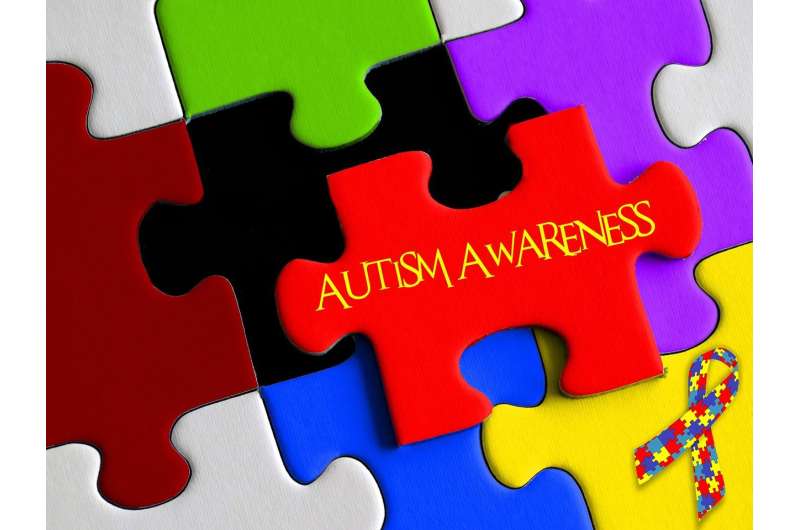Experts Warn of Continued Preventable Deaths Among Autistic People Without Improved NHS Access

Research reveals systemic barriers in NHS mental health services for autistic adults, risking ongoing preventable deaths due to unmet needs and inadequate support during crises.
Recent research highlights a critical gap in NHS services for autistic individuals experiencing mental health crises, leading to missed opportunities to prevent suicide. The study, conducted by researchers from the University of Cambridge and Bournemouth University, surveyed over 1,000 autistic adults and found that only 25% sought NHS support during suicidal episodes. Many cited the belief that NHS help was unavailable or ineffective (48%), a tendency to cope alone (54%), and frustrations with long waiting times (43%). Additionally, past negative experiences and fears of repercussions, such as involuntary hospitalization, deterred many from seeking help. Data reveal that autistic individuals, particularly women and transgender or gender-divergent people, face even greater barriers, often feeling dismissed or misunderstood by healthcare professionals. Experts emphasize the urgency of systemic reform, advocating for autism-informed training for health workers, alternative appointment methods, and co-designed mental health services tailored to autistic needs. Without these changes, preventable deaths are expected to persist. Advocacy groups stress that addressing these systemic issues is essential to save lives and build trust within this vulnerable population.
Stay Updated with Mia's Feed
Get the latest health & wellness insights delivered straight to your inbox.
Related Articles
Brain Scans Show Obedience to Authority Diminishes Moral Responsibility
Brain imaging studies reveal that obeying orders diminishes our sense of moral responsibility, regardless of civilian or military status, shedding light on neurocognitive processes involved in ethical decision-making.
New Research Highlights the Harm of Restrictive Practices in Mental Health Care and the Promise of Compassionate Approaches
Recent studies highlight the overuse of restrictive practices in mental health care and explore how compassion-focused approaches can improve patient well-being and reduce harm.
Early Childhood Maternal Warmth Shapes Adolescent Social Perceptions and Long-Term Health
Early maternal warmth plays a vital role in shaping teens' perceptions of social safety, which significantly impacts their physical and mental health in later years. Discover how nurturing relationships in childhood can foster resilience and well-being.
Long-Term Impact of Post-Stroke Depression on Patient Health and Survival
New research shows that depression after stroke can impact health and survival for up to a decade, highlighting the importance of ongoing mental health support in stroke recovery.



